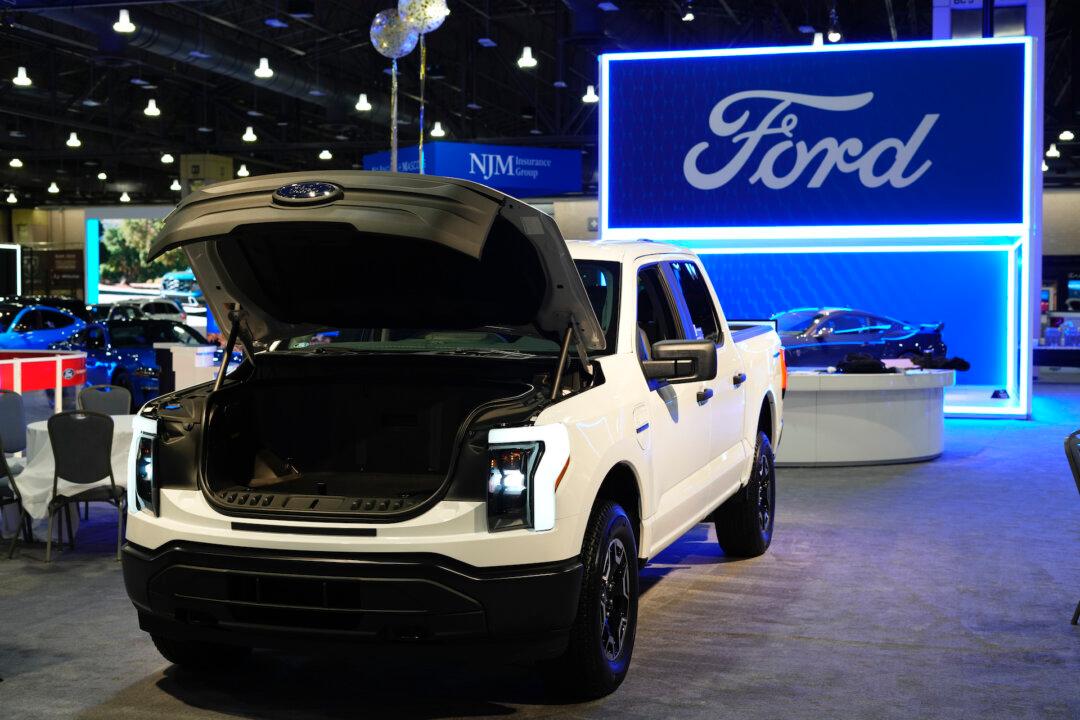Ford’s F-150 Lightning, the battery-powered version of the most beloved pickup truck on the American market, suffers from the same problem all electric vehicles (EVs) do—it loses a significant amount of range when it’s hauling heavy cargo.
Every truck, regardless of its power source, loses range with more weight added to its bed. This trade-off usually isn’t much of a concern to owners of traditional gas-powered trucks since it’s relatively easy to find gas, and a gas tank is quick to refill.





